Cymbalta Withdrawal and Treatment: What to Expect
GET HELP TODAY!
100% Confidentiality Guaranteed


What Is Cymbalta?
Cymbalta (duloxetine) is a prescription medication used to treat depression, anxiety, fibromyalgia, and nerve pain. Classified as an SNRI, it’s a type of drug that alters brain chemistry by balancing serotonin and norepinephrine levels. Cymbalta does not cause euphoria like addictive drugs. However, it can still lead to physical dependence if used for a long time.
When people stop taking it suddenly, they may experience Cymbalta withdrawal symptoms. These can range from uncomfortable to severe. With proper care, patients can recover and greatly improve their quality of life.
What Are the Symptoms of Withdrawal?
Common symptoms of withdrawals include brain zaps, nausea, dizziness, mood swings, and insomnia. These symptoms are sometimes severe enough to interfere with daily activities. People with existing medical conditions or mental health conditions are often more sensitive to withdrawal.
Cymbalta usually does not associate with drug addiction, but physical dependence may mimic it. Because of this, you should quit Cymbalta carefully.
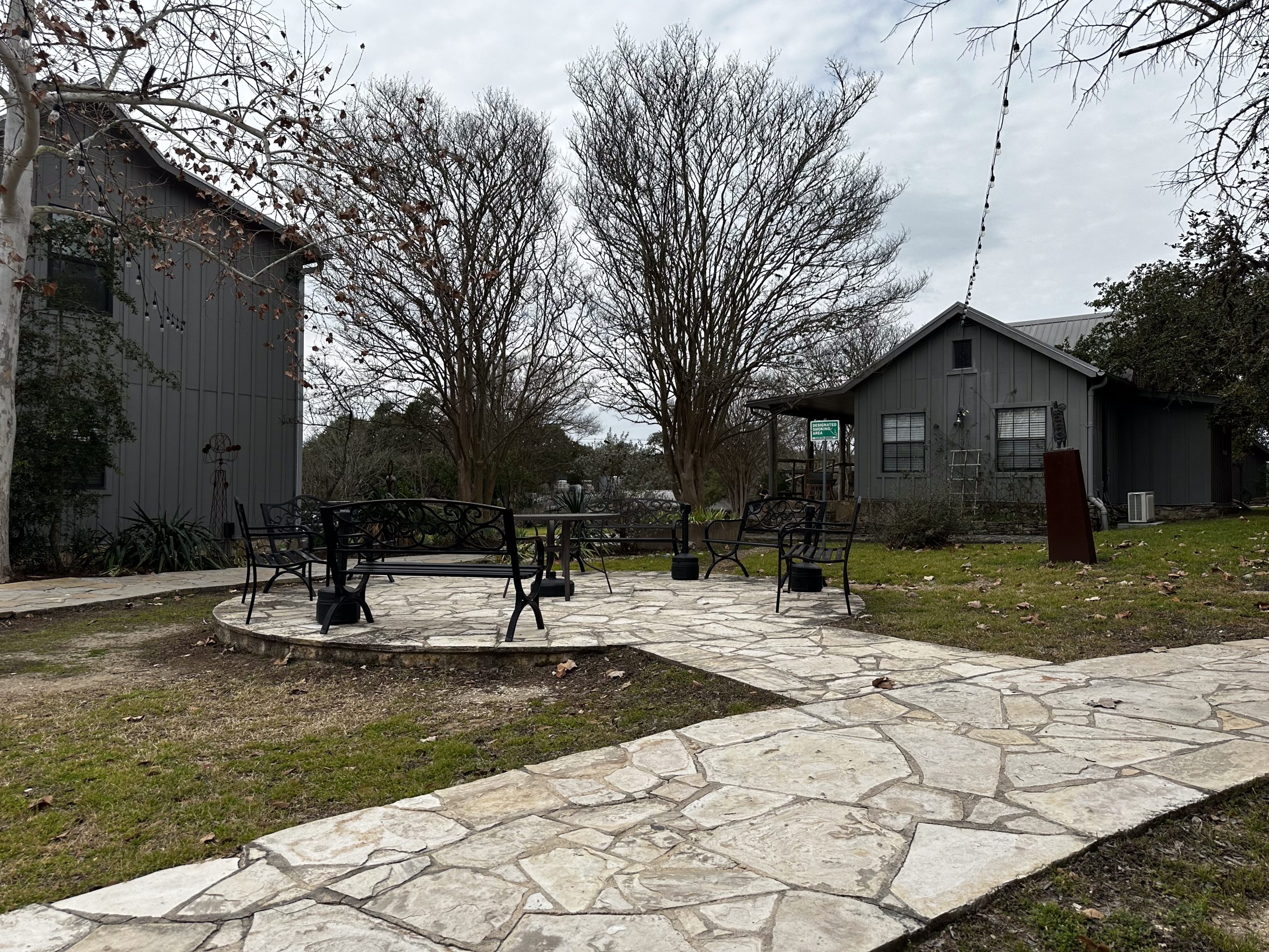

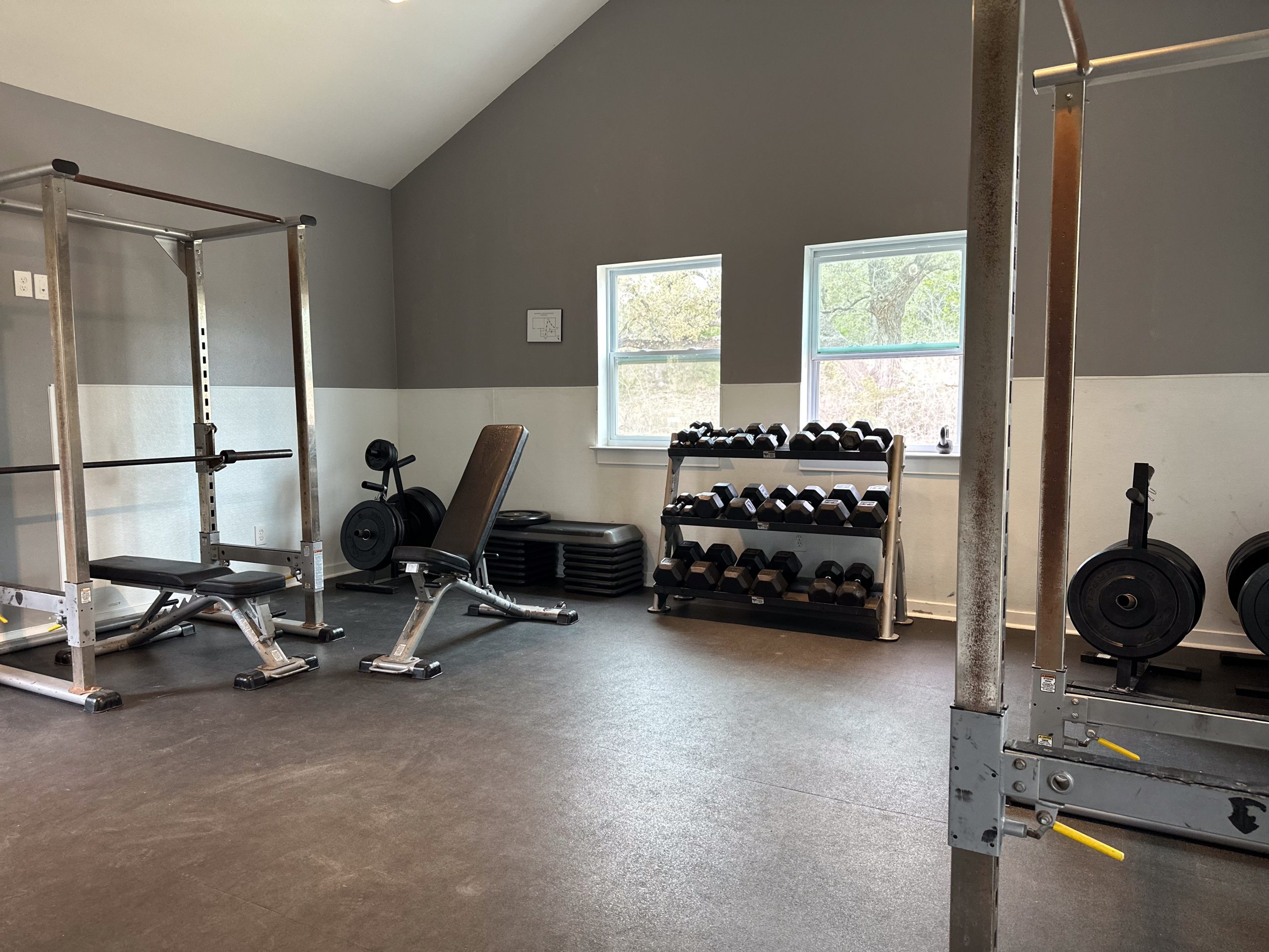

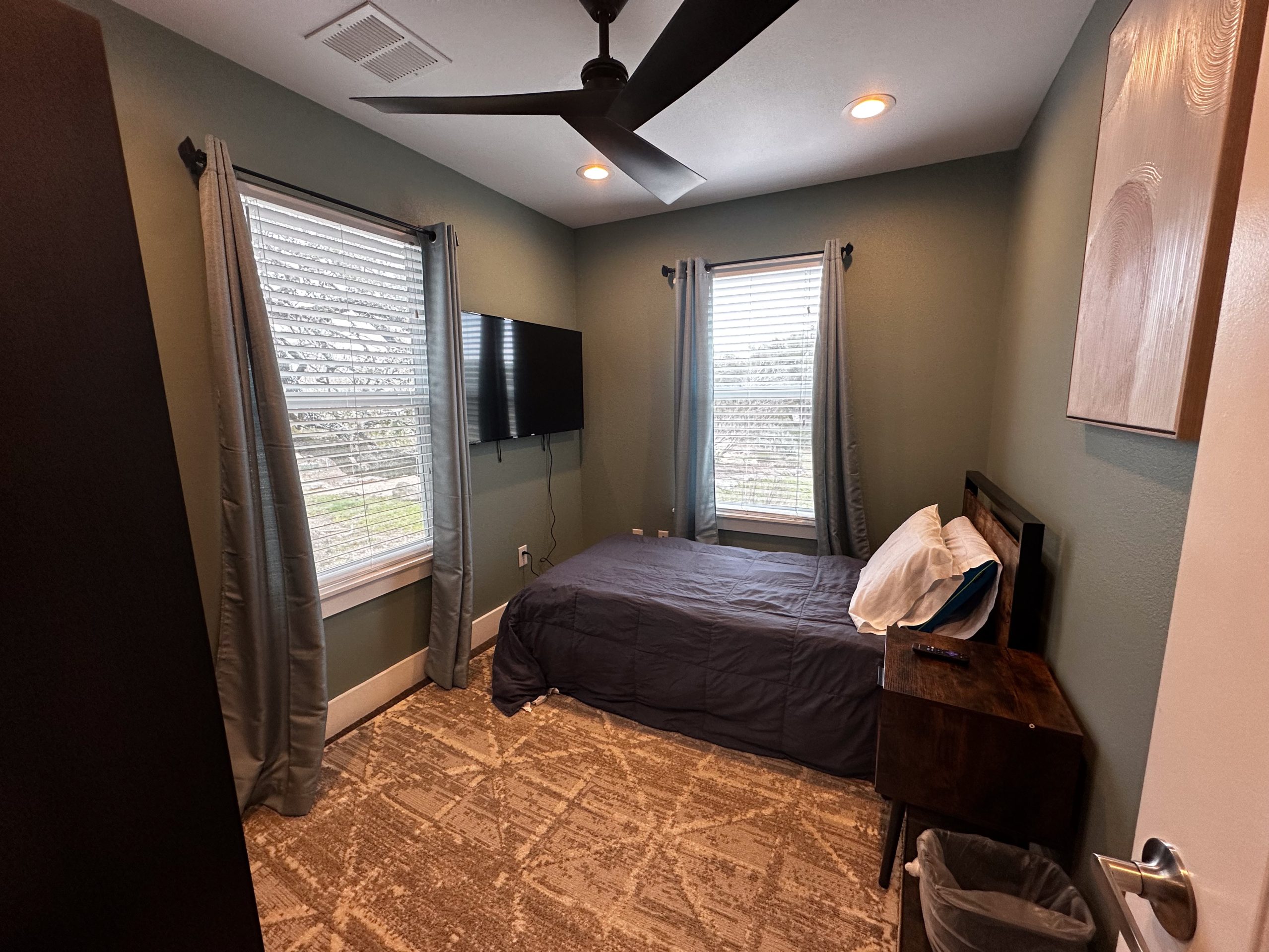

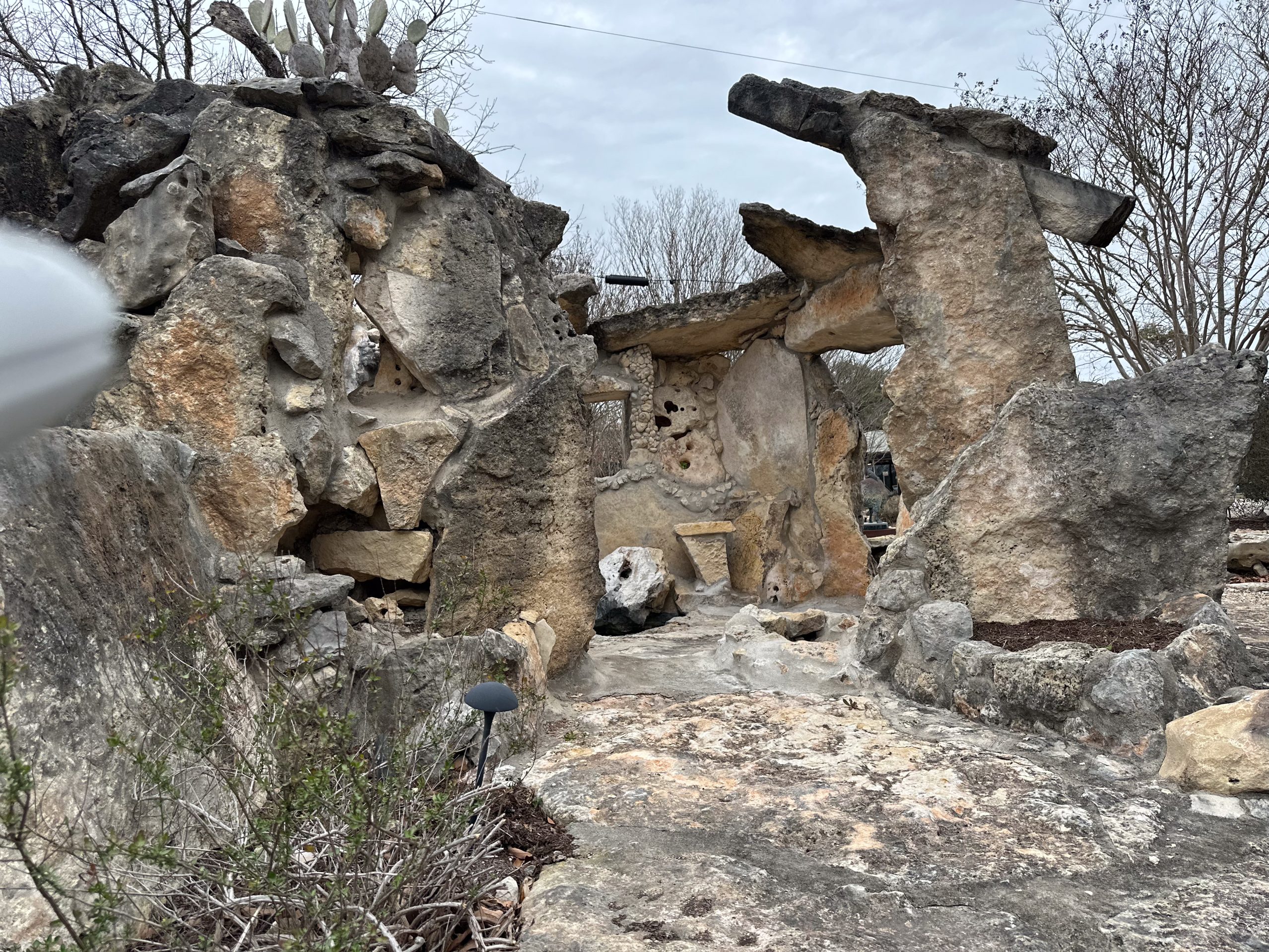
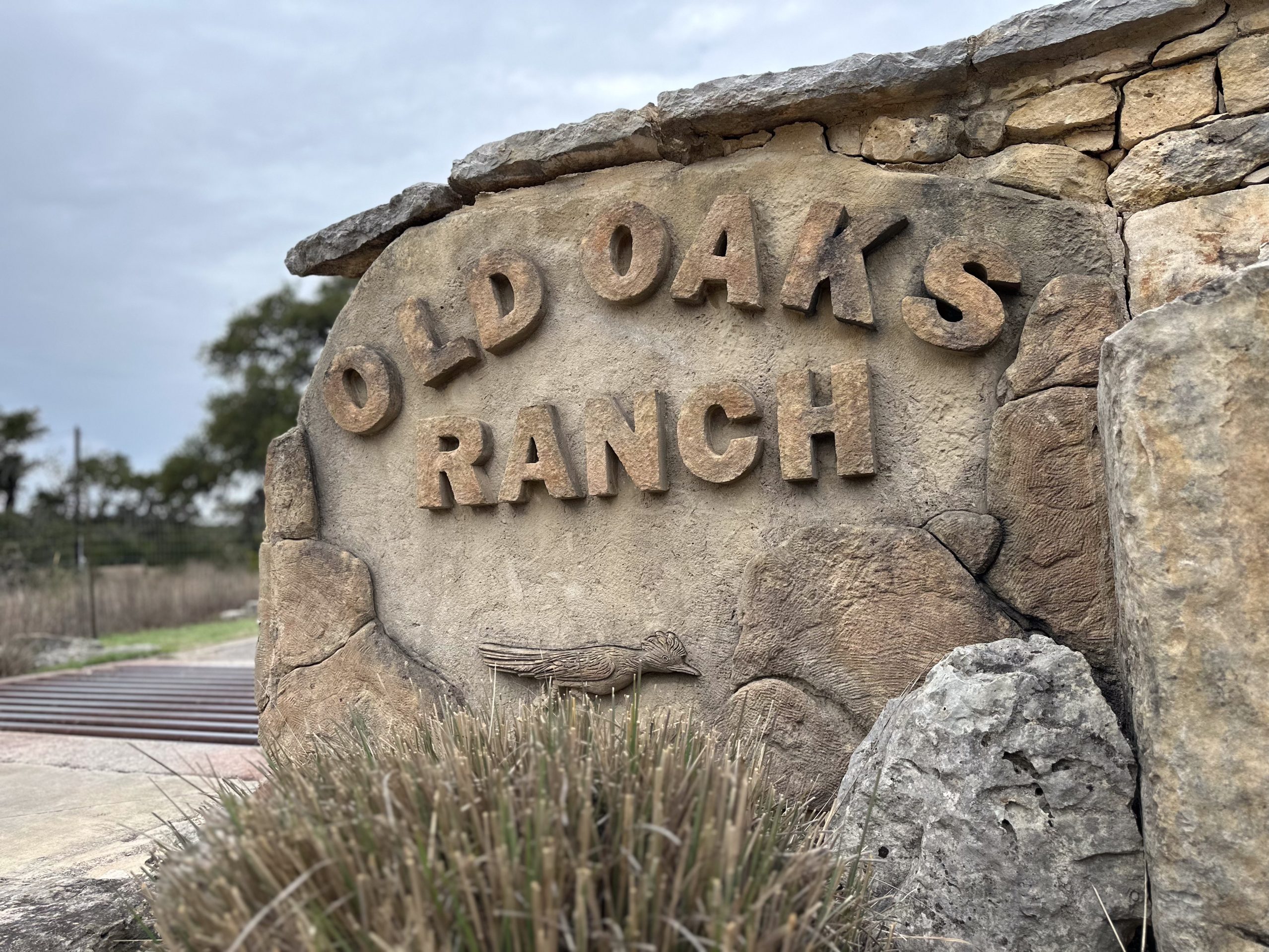

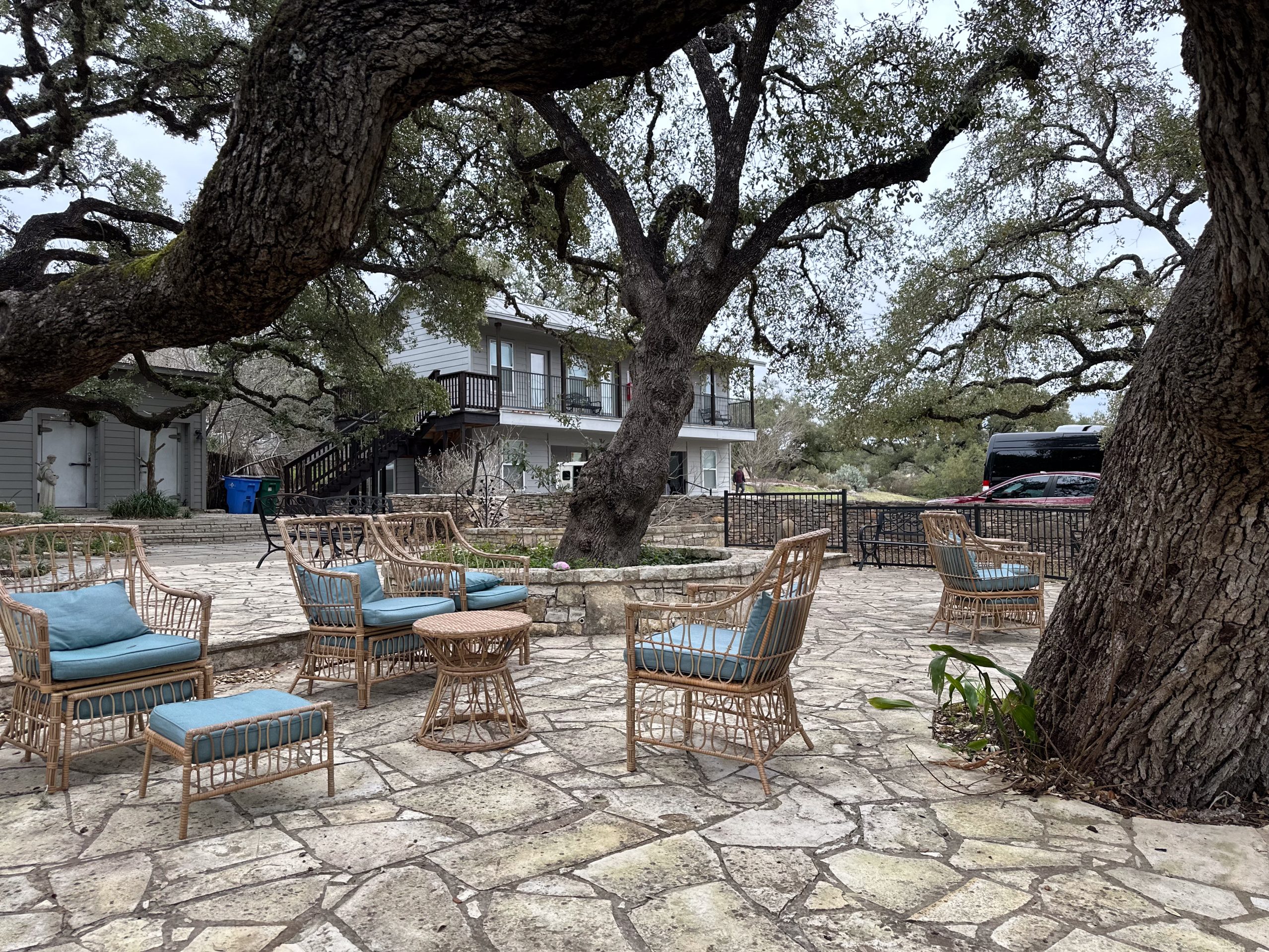
Understanding the Addiction Withdrawal Timeline
The addiction withdrawal timeline varies depending on the person’s history, dosage, and health. Symptoms typically begin one to four days after the last dose. They may peak in the first week and fade as a patient moves into long term recovery.
Recovery may take longer for people with opioid use disorder, alcohol use disorder, or other diagnoses. Progress and comfort levels vary based on the duration of Cymbalta use and the tapering plan implemented.
The Role of Medically Assisted Detox
Stopping Cymbalta without help is a health issue. A medically assisted detox, supervised by a medical professional, is the safest way to stop taking the drug.
In detox, patients receive a custom taper schedule. Treatment facilities that operate 24 hours a day can offer comfort medications to reduce anxiety, nausea, and headaches. Physician assistants and nurses monitor patients closely to ensure safety and provide support.
Choosing the Right Level of Care
Choosing the correct level of care depends on the severity of symptoms. People with strong home support might manage withdrawal through outpatient programs, while others need inpatient settings.
For more complex needs, like co-occurring disorders or high doses, inpatient options are often safer. Support from trained staff helps reduce risks.
Inpatient Drug Rehab and Residential Programs
Inpatient drug rehab is best for people who need full-time structure. These programs offer medical supervision, therapy, and safe living spaces.
A residential program includes daily routines, meals, and professional guidance. The diagnostic and statistical manual guides care providers in evaluating symptoms and building personalized plans. Inpatient settings are ideal for people who’ve had trouble quitting Cymbalta in the past.
Outpatient Programs and IOPs
If patients don’t need inpatient care, they can choose outpatient drug rehab as a great alternative. It provides treatment while allowing patients to live at home. Many outpatient programs are flexible and affordable.
For more support, intensive outpatient programs (IOPs) offer therapy and care several times per week. Healthcare providers often use these for inpatients and outpatients as they move between levels of care.
Inside an Addiction Treatment Program
A full addiction treatment program includes therapy, coping skills training, peer groups, and wellness planning. Patients work with providers to reduce triggers and create plans for sustainable healing.
In dual-diagnosis settings, providers offer substance use treatment for those who use Cymbalta with other drugs. Education about safe use of prescription drug therapies is essential for long-term success.
Relapse Prevention and Ongoing Support
Relapse prevention is a key part of every recovery plan. Patients identify high-risk situations and create action steps to stay safe.
Attending a support group like SMART Recovery or a 12-step meeting helps patients stay on track. Talking with peers builds strength and accountability.
The Role of Family and Employers
Family members are often part of therapy sessions. They learn how to offer support and build healthy routines at home.
An employee assistance program (EAP) can also help. EAPs offer confidential counseling, referrals, and tools to balance recovery and work life. These programs reduce stress and increase access to care.
More Time. More Joy. More You. Start Now.
WE ACCEPT MOST INSURANCES







Insurance Coverage and Payment Options
Many patients worry about cost. Fortunately, most health insurance plans cover Cymbalta detox and treatment. Options include short term rehab, long-term programs, and outpatient therapy.
Benefits vary depending on your provider and plan. Rehab staff usually assist in verifying coverage before you begin. Reputable websites often let users toggle the table of contents to learn more about services, pricing, and steps to enroll.
Care Backed by National Standards
Effective recovery is based on science. The National Institute on Drug Abuse sets standards and conducts research for treating addiction and dependence.
Care providers use the diagnostic and statistical manual to assess symptoms. They understand that disorders include both physical and emotional factors. They follow evidence-based practices to support patients during recovery.
Additional Clinical Considerations
A well-structured drug rehab program can address the unique challenges of Cymbalta dependence.
Health care providers should always supervise any dosage changes or medication discontinuation.
Suddenly stopping Cymbalta without a taper plan can create a serious health issue.
Known risk factors for severe withdrawal include long-term use, high doses, and co-occurring disorders.
Educators should teach patients about their prescription medication and how to manage symptoms safely.
Freedom Starts Here. Take Back Your Life Today.
Same-Day Admissions in Austin Available.
Supporting Full Recovery
Successful recovery from Cymbalta dependence is not a one-size-fits-all process. Customize each person’s treatment plan based on their health history, medication use, and personal goals. Clinicians often begin with a detailed intake assessment to determine the safest approach to detox and ongoing care. From there, healthcare providers guide patients through education about their symptoms and what to expect in the coming weeks.
Therapy plays a major role in recovery. Cognitive behavioral therapy (CBT), motivational interviewing, and trauma-informed care can help individuals address the psychological aspects of dependence. Many programs also offer group therapy, where patients build skills through shared experiences and peer accountability.
Aftercare is another essential component. Discharge planning should include referrals to community resources and sober housing if needed. It should also involve regular check-ins with a primary care provider or recovery coach. These steps help maintain progress made in treatment and support sustained healing.
Also, addressing the lifestyle changes that support recovery is important. Improving sleep, nutrition, and exercise can stabilize mood and reduce the severity of withdrawal symptoms. Many programs incorporate wellness education into their curriculum to help patients build healthier habits for the long term.
Cymbalta FAQ
What organ is Cymbalta hard on?
Cymbalta can be hard on the liver. People with existing liver disease or those who drink alcohol heavily should use caution, as the medication may increase the risk of liver damage.
What to avoid while on Cymbalta?
While taking Cymbalta, you should avoid:
- Alcohol, as it raises the risk of liver problems and worsens side effects
- Other serotonin-boosting medications, unless prescribed, due to risk of serotonin syndrome
- Stopping suddenly, as withdrawal symptoms can occur
Why is Cymbalta so hard to get off of?
Cymbalta can be hard to stop because of withdrawal symptoms, often called “discontinuation syndrome.” These may include dizziness, nausea, irritability, insomnia, and brain zaps. Gradual tapering under medical supervision is usually recommended.
Does Cymbalta make you gain weight?
Some people experience weight gain while taking Cymbalta, though others may lose weight due to nausea or decreased appetite. Weight changes vary depending on the individual.
What is the difference between Lexapro and Cymbalta?
Lexapro (escitalopram) is an SSRI that increases serotonin, while Cymbalta is an SNRI that affects both serotonin and norepinephrine. Cymbalta may be more effective for patients who also experience chronic pain, while Lexapro is often prescribed for depression and anxiety alone.
Lexapro (escitalopram) is an SSRI that increases serotonin, while Cymbalta is an SNRI.
Is 30 mg of Cymbalta enough for anxiety?
Yes, 30 mg of Cymbalta is often the starting dose for anxiety. Depending on the patient’s response, doctors may increase the dosage to 60 mg daily, which is considered the standard effective dose.
What is Cymbalta mostly used for?
Cymbalta (duloxetine) is primarily prescribed to treat major depressive disorder, generalized anxiety disorder, fibromyalgia, chronic pain, and nerve pain from conditions like diabetes. It works by balancing serotonin and norepinephrine in the brain.
What is the downside of Cymbalta?
The downside of Cymbalta is the potential for withdrawal symptoms if stopped suddenly. Common side effects include nausea, dizziness, fatigue, dry mouth, and sleep disturbances. Long-term use may also impact liver health.
Is Cymbalta similar to Xanax?
No, Cymbalta and Xanax are very different medications. Cymbalta is an SNRI antidepressant used for depression, anxiety, and pain, while Xanax (alprazolam) is a benzodiazepine used for short-term anxiety relief. Xanax works quickly but carries a higher risk of dependence.
Is Cymbalta a good pain killer?
Cymbalta is not a traditional painkiller but can be effective for chronic pain and nerve pain. It is often prescribed for fibromyalgia, diabetic neuropathy, and musculoskeletal pain, making it a helpful option for patients with both pain and mood disorders.
Why is Cymbalta taken at night?
Some people take Cymbalta at night because it can cause drowsiness or dizziness. Others may take it in the morning if it causes insomnia. The timing depends on how the medication affects each individual.
Is Cymbalta good for anxiety?
Yes, Cymbalta is approved to treat generalized anxiety disorder. It helps by restoring balance to serotonin and norepinephrine levels in the brain, which reduces excessive worry, tension, and physical symptoms of anxiety.

